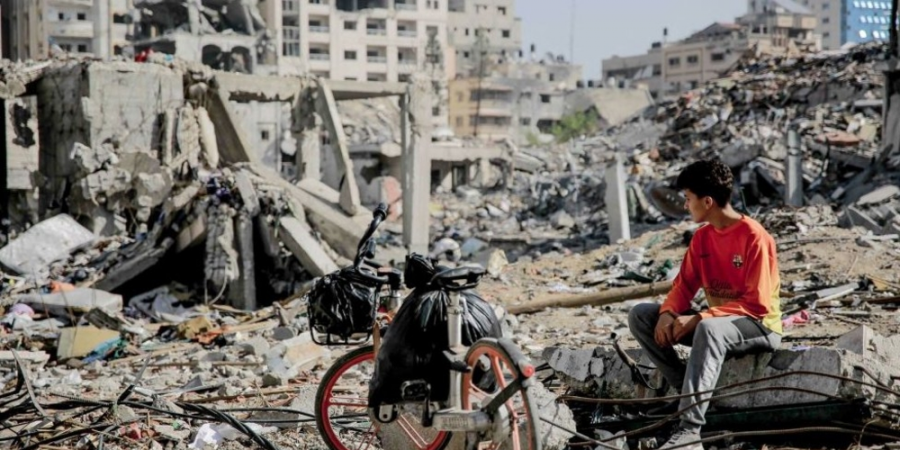

The term "genocide" carries significant legal, moral, and political implications. Rooted in the 1948 UN Genocide Convention, genocide refers to acts committed with the intent to destroy, in whole or in part, a national, ethnic, racial, or religious group. Applying this definition to the ongoing conflict in Gaza requires careful examination of intent, actions, and consequences.
The Gaza Strip has been at the center of the Israel-Palestine conflict for decades. Under blockade by Israel and Egypt since 2007, Gaza has faced severe humanitarian crises. The blockade restricts the movement of goods and people, impacting basic necessities such as healthcare, water, and infrastructure. Periodic military escalations have further devastated the region, with civilian casualties and widespread destruction.
Critics argue that these conditions, combined with repeated military campaigns targeting densely populated areas, amount to a systematic effort to destroy the Palestinian people in Gaza. Supporters of Israel’s actions, however, contend that these measures are necessary for self-defense against Hamas, a designated terrorist organization.
The UN Genocide Convention identifies specific acts as genocidal when carried out with the intent to destroy a group, including:
Determining whether actions in Gaza meet these criteria hinges on evidence of intent. Critics claim that Israel’s policies toward Gaza—including airstrikes, blockades, and displacement—constitute genocidal acts. Israeli authorities and their allies strongly deny such accusations, emphasizing their focus on counterterrorism.
International organizations and human rights groups have expressed concern over potential war crimes and crimes against humanity in Gaza. However, few governments or global institutions have officially classified the conflict as genocide, citing insufficient evidence of intent.
Notable figures and groups, including some academics, have argued that the scale and persistence of actions against Palestinians meet the legal threshold for genocide. Others caution against the term’s misuse, which could undermine its gravity in addressing unequivocal genocides like the Holocaust or Rwanda.
Whether the conflict in Gaza constitutes genocide remains a contentious and deeply polarized issue. Determining genocide requires clear evidence of intent to destroy a group, which is often challenging in protracted, asymmetric conflicts. Regardless of terminology, the humanitarian impact on Gaza demands urgent international attention and accountability to prevent further suffering and loss of life.
Efforts to resolve the conflict must address the root causes, including occupation, mutual recognition, and justice for all affected populations.
